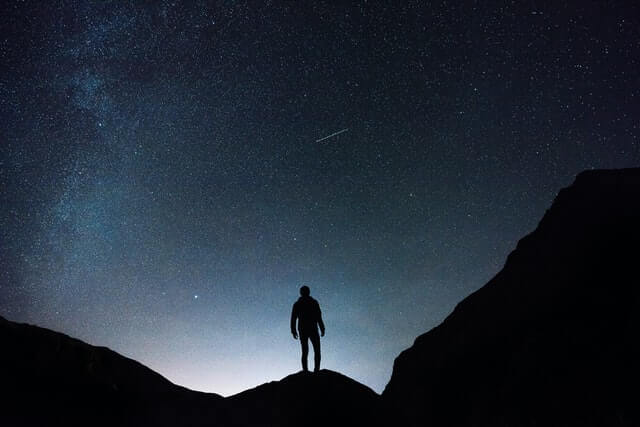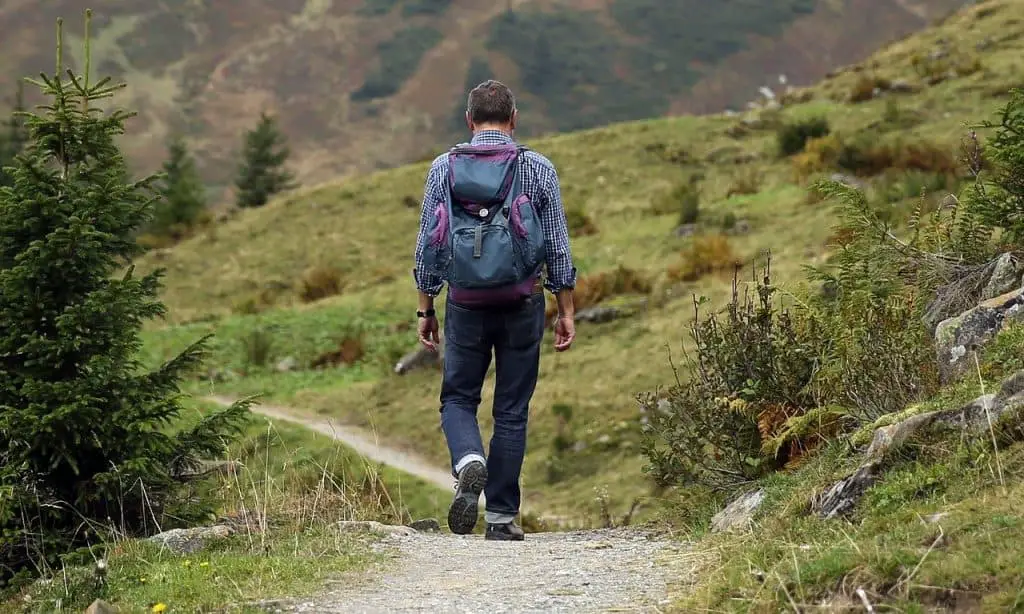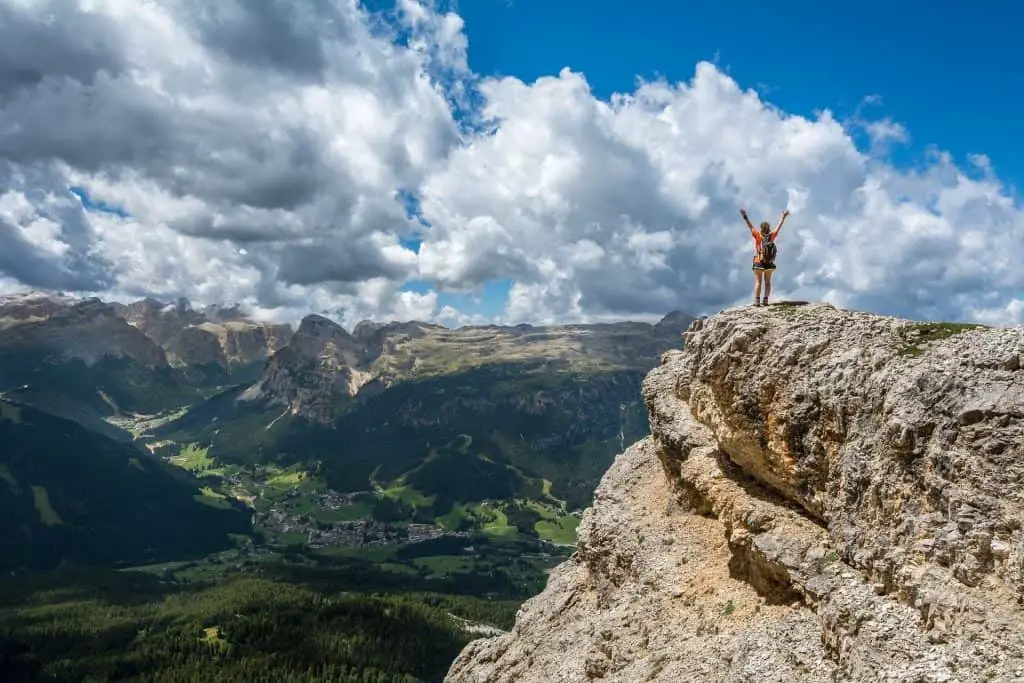If you’ve ever been out camping or hiking on a mountain at night you know how unique and special of a feeling it is. A friend of mine was interested in planning a hike after dusk and was wondering if there are any legal ramifications against it.
Is night hiking legal? For most states and locations, hiking at night is legal since there are no regulations or laws against it. There are more risks and dangers when night hiking, so it’s best to prepare beforehand and have the correct gear to help you navigate safely during the hike.
Now that we know there are no laws against hiking while it’s dark out, let’s go over some safety tips and things to consider before you do!
Is It Safe To Hike At Night?
Hiking at night is more difficult and dangerous than hiking during the day, but it can still be done safely. There are a few guidelines to follow that will help you stay safe and enjoy your time out on the trail.
Don’t hike a new trail – Choose a location that is both easy and familiar to you. If you’ve never hiked the location before you have a much higher chance of getting lost or injured since it isn’t easy to find your way in a new place at night.
Don’t stray from the trail – Even if you’ve hiked this specific place many times, leaving the main trail isn’t worth the chance of something bad happening. Stay on the designated path when it’s dark out and take your time moving around. If you left the trail and then got lost it would make it that much harder to get help from being found by others.
Don’t hike alone – Hiking alone is one of my favorite activities to take part in, but it isn’t a good idea to try it at night. Because of the risks that I’ll be talking about in a minute, we need to do everything in our power to stay safe, which includes having a partner with you.
Along with those few things to avoid, make sure you have the following ready before you head out to hike.
- Flashlights, headlamps
- Extra batteries
- Cellphone
- Another person
Dangers of Night Hiking
Since hiking at night is so different there are a few dangerous situations that could happen that we need to be aware of. I’ve listed the three biggest risks that are associated with hiking both alone or at night.
Getting Lost
The biggest difference between day and night hiking is the visibility while out on a trail or mountain. This is very evident if the hike takes you through a forest or section with very little light from the sky. Because of your lack of sight, it’s important to have flashlights or headlamps that can help you navigate around to avoid getting lost out in the woods.
Wildlife
There are plenty of animals that you don’t normally have to worry about when hiking through a place during the day. Once it becomes nighttime, there can be increased activity among the wildlife in the area. As long as you are aware and paying attention to where you’re going, you should be able to avoid any confrontations with dangerous animals in your path.
Falling or Tripping
Just like the first risk, the lack of lighting makes it much more likely to trip over a branch or lose your footing and fall down an area. Any night hikes should be done in a location that’s easy and familiar to you, to reduce your chance of slipping and twisting an ankle.
Benefits of Night Hiking
Now that we’ve covered the risks of hiking at night, let’s explore some of the awesome benefits that you’ll get when you try!
Empty Trails
Even though some of us crazy hikers may adventure out at night, the majority of people won’t be participating in night hikes. This means that you can have any hiking location to yourself with no worries of running into others. Grab a friend, pick an easy trail, and get a nice hike in while exploring the area with no other distractions.
Different Views
If you’re like me and have a favorite hiking spot that you’ve seen a thousand times, it can get a little old after a while. One way to change it up is to get out and explore at a different time than usual. Instead of seeing the trees and rocks around, hiking at night allows you to see the beauty of the stars that you couldn’t see otherwise.



